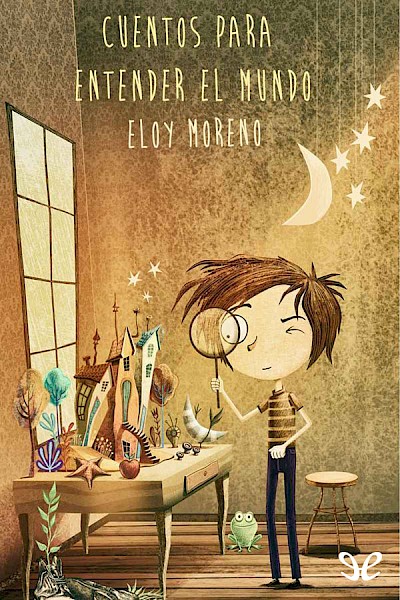A monk had cared for a monastery for many years, he was the master's trusted man but he was already old and had decided to retire.
The teacher gathered all his students to discuss the news and to announce that he should choose a new guardian.
Everyone knew that it was a very important decision, since the chosen one assumed a great responsibility by having in his custody the keys to all the rooms. In addition, he had to be a very decisive person, because before any problem he had to act quickly and correctly.
The next morning, the teacher gathered all the monks with the intention of posing a problem for them. The first to solve it would be the chosen one.
The teacher appeared before all the disciples holding in his hands one of the most beautiful vases that were in the temple. It was Chinese porcelain inlaid with gold. He left it on a table and inside he placed a beautiful bouquet of roses.
"This is the problem," he said.
Everyone remained in silence.
The monks commented among themselves and observed the precious vase: its design, the glittering gold, the beautiful color of the flowers ... but they did not understand what that meant.
After several minutes in which nobody did anything, a monk got up and went to the table where the vase was, took it in his hands and threw it on the ground, breaking it into a thousand pieces.
Everyone was silent, no one dared even move.
The teacher got up to the student and said aloud:
"You will be the new guardian of the temple." I was very clear, I told you that you were facing a problem and nobody did anything, except observe it, give it a spin. Problems have that effect on us, we like to contemplate them, think about them, comment on them, analyze them ... but that does not solve them.
The problem can be a beautiful vase, or a beautiful love that no longer makes sense, many times the problem is a comfortable and peaceful path that we have to abandon even if that means discomfort. What you can't do is ... do nothing.
